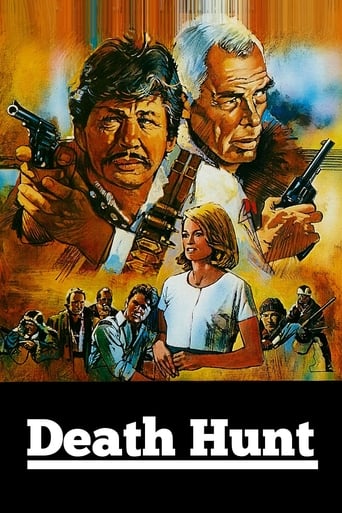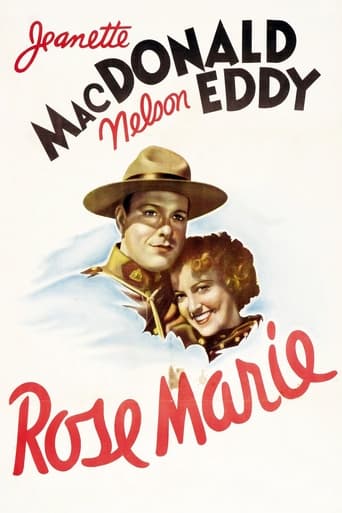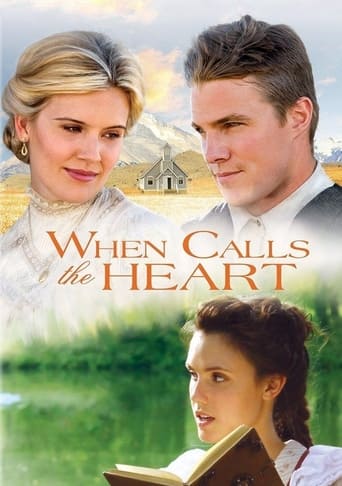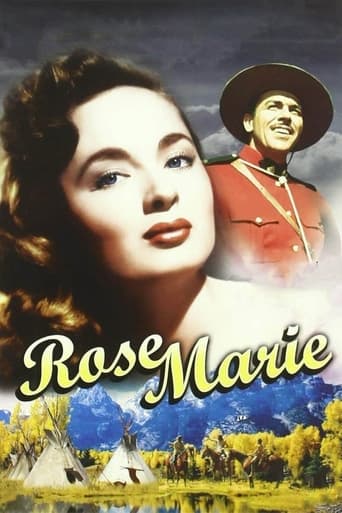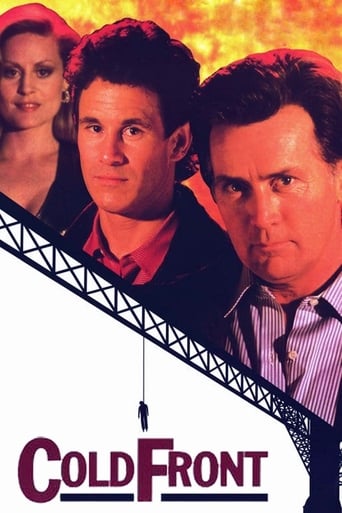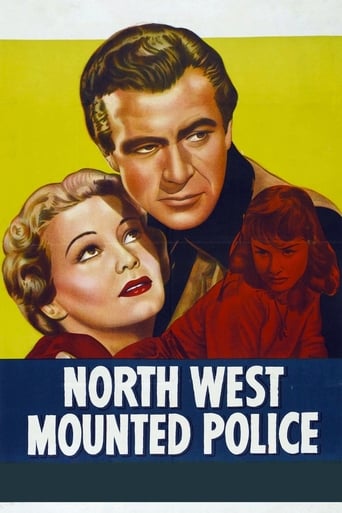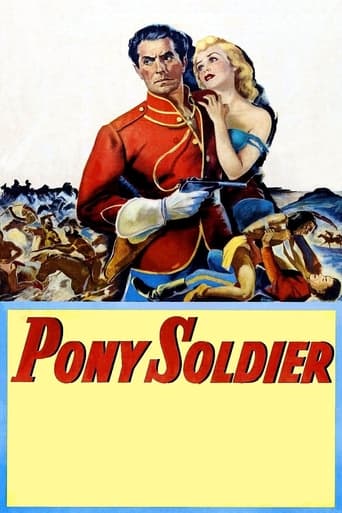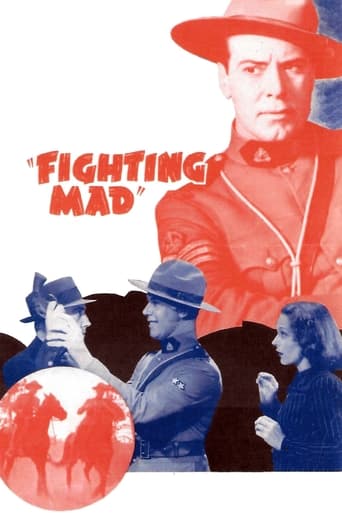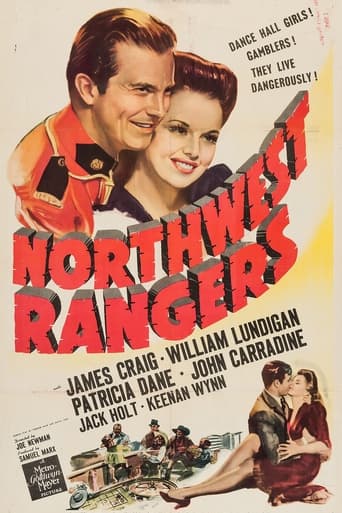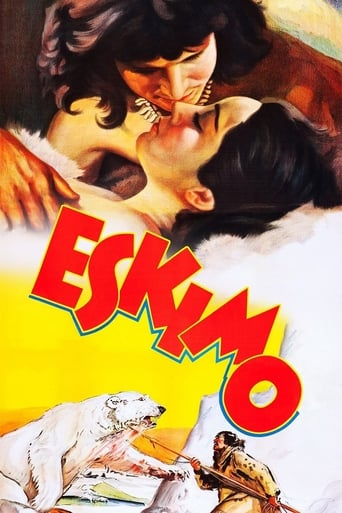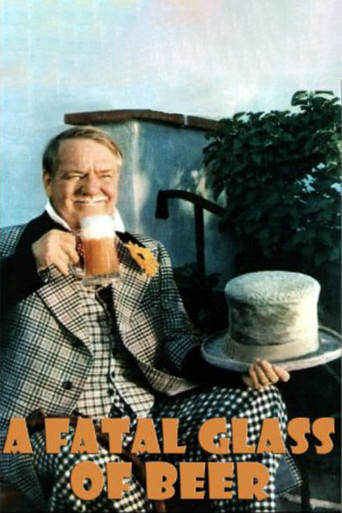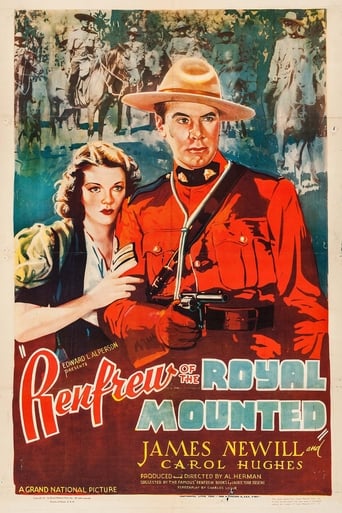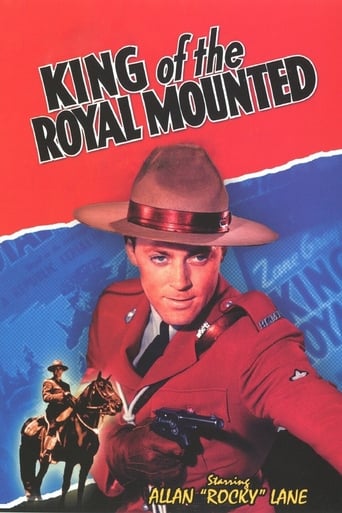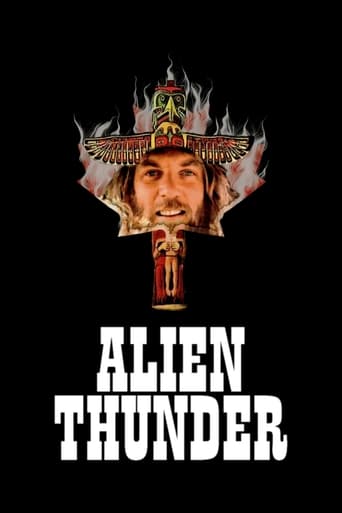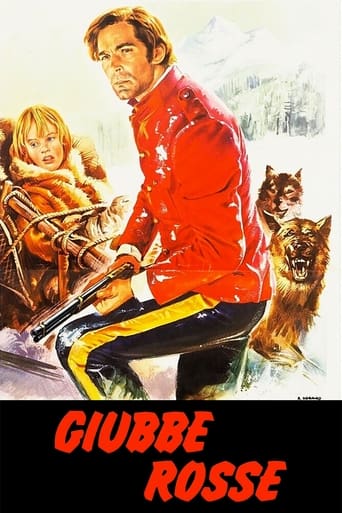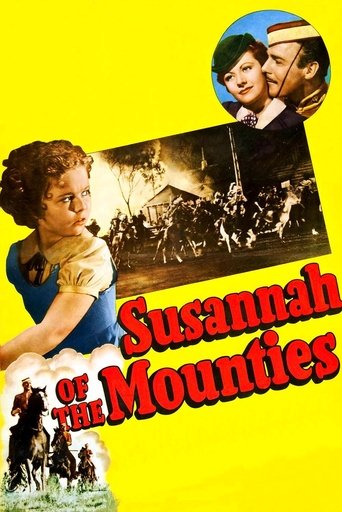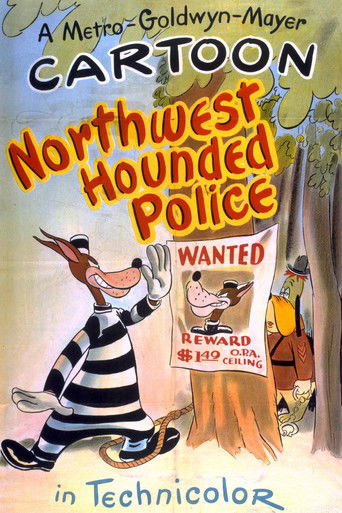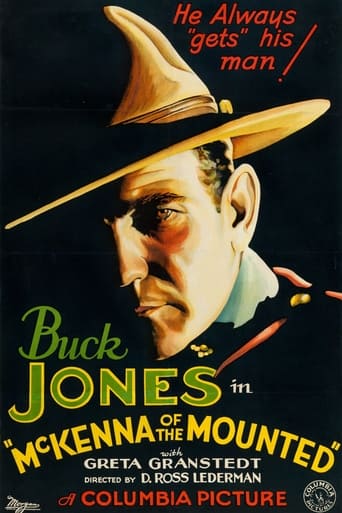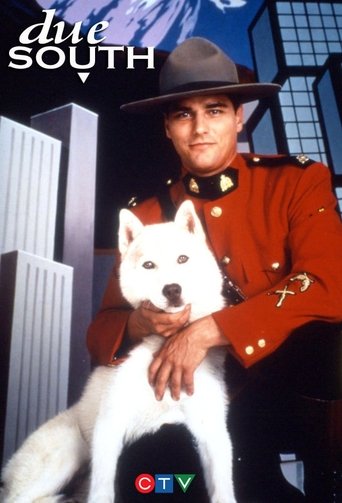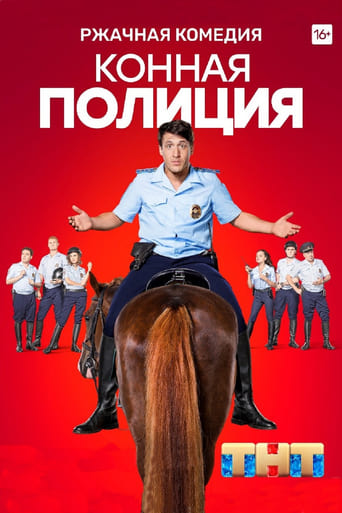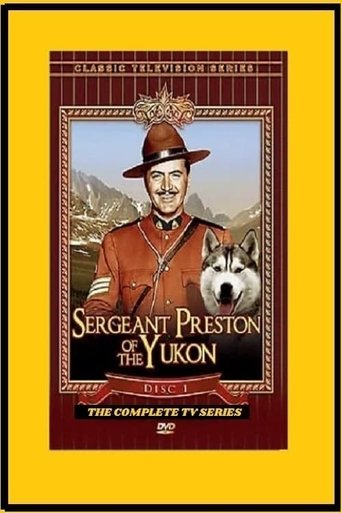ಕೀವರ್ಡ್ Royal Canadian Mounted Police Mountie
Dudley Do-Right 1999
Rose Marie 1936
Northern Pursuit 1943
When Calls the Heart 2013
Rose Marie 1954
Cold Front 1990
Pony Soldier 1952
Fighting Mad 1939
Northwest Rangers 1942
Eskimo 1933
Alien Thunder 1974
Giubbe rosse 1975
Due South 1994
Constable Benton Fraser, an officer of the Royal Canadian Mounted Police, is attached to the Canadian consulate but works with Chicago Police Department to solve crimes.
Mounted Police 2018
Corrupted criminal investigation officer, Sergey Volkov, got into serious trouble - for another trick while being drunk, the boss sends him into exile - into the ranks of exemplary mounted police. All the staff of the regiment seemed to him fabulous creatures with ancient notions of duty and homeland. Not wanting to linger on a new place, Volkov wants to leave to settle his personal affairs, but having learned that his new colleagues have fallen into a powerful batch, he nevertheless decides to come to the rescue.
Tom Stone 2002
Tom Stone is a crime drama series that ran in Canada on CBC Television for two 13-episode seasons beginning in 2002. In the United States, the series is syndicated by Program Partners and Sony Pictures Television under the title Stone Undercover. It is listed on Hulu as "Stone Undercover."
Sergeant Preston of the Yukon 1955
Canadian Mountie Sgt. Preston patrols the wilds of the Yukon with his horse Rex and his faithful dog Yukon King, battling both the elements and criminals.
Frontière 2020
R.C.M.P. 1970
R.C.M.P. was a Canadian television drama series about the Royal Canadian Mounted Police. The series ran a single season, consisting of 39 weekly half-hour episodes. It starred French-Canadian actor Gilles Pelletier as Corporal Jacques Gagnier and English-Canadian actor Don Francks as Constable Bill Mitchell. The series was created by Canadian film-maker Frank "Budge" Crawley in collaboration with Crawley Films, the Canadian Broadcasting Corporation, the BBC in the United Kingdom and Australian Broadcasting Commission. Unapologetically cold, grainy, and raw, the show was very realistic and stood up well against other crime dramas on TV of the day. Crawley created the series in an attempt to fulfill his dream of sharing "the Canadian way" with the rest of the world. While not a fan of American-style cinema, Crawley wished R.C.M.P. to sign with a U.S. television network. American networks at that time demanded full control over any shows they broadcast and R.C.M.P. ended up with only a paltry take in American syndication.
